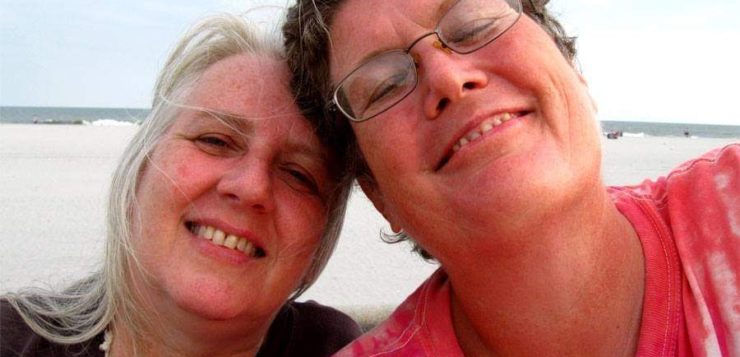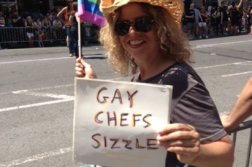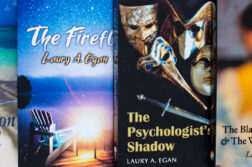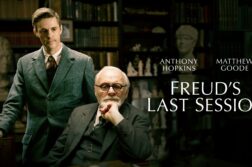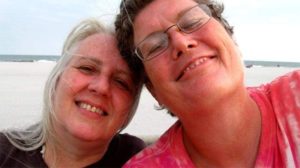
In the old days, I thought of the marriages of people of the same sex (usually older lesbians) in our circle as “quaint.” My partner Barbara and I were new lovers. This was in the early 1980s, long before marriage equality was legally recognized. As one older former acquaintance wrote to me in 2015, “we never thought we’d see the day when it would be legal.”
We knew them as Pat and Carol and met them through the women’s liberation movement circles that made up our community at the time. We called it “The Women’s Community.” I don’t remember Carol’s last name, but I remember them getting married in the early 1980s at a mutual friend’s home. They both wore tuxes. Pat’s was black and Carol’s was white. I found their choice of wardrobe to be memorable, even if my partner and I did think they were imitating an outmoded patriarchal institution. They were probably about 25 years older than us.
Carol wrote to me in 2015. Her partner Pat had died about a decade before that. Same-sex marriage may not have been legal when they got married in the 1980s, but in their eyes, they were married. Even if not legally, they were at least committed to each other, and even had the ceremony with friends witnessing their union. However, Pat never got to see the day when same-sex marriage became legal.
Maybe it was a case of not wanting what we thought we’d never have, but both my partner and I didn’t think that marriage was for us. Like two of the characters in my novel Loving Artemis, an endearing tale of revolution, love, and marriage, we thought marriage had too much baggage and history as a patriarchal institution.
Every now and then, friends would have commitment ceremonies, and we even went to a few, but stubbornly maintained that there was no point to it unless same-sex marriage were legal. It still wasn’t something that we ever thought we’d see, so mostly we didn’t think about it. My relationship with marriage was complicated to say the least. I grew up in a time and place where it was expected that all females should find a man, settle down, and have children. Once I came out in the early 1980s, I was extremely happy to have escaped the heterosexual yoke of marriage and children. My partner had been married to a man before we got together. That was common in those days, since it was expected of us. The lesbian poet Adrienne Rich called it “compulsory heterosexuality.”
Then, when I was around forty, a lesbian baby boom started happening all around us. It probably felt like more lesbians were having babies than actually were, but it seemed like having children was another expectation from which I managed to escape. My partner and I certainly supported the right of lesbian women and gay men to have children, but we always said that “having children was the best thing we never did.”
So, when President Biden signed the Respect for Marriage Act last year, and Nancy Pelosi and Chuck Schumer talked about protecting children, it made perfect sense. Children are the most vulnerable victims of hard divorces, and it is far worse when each parent does not have the legal rights that marriage provides.
Anyway, the years went on, and we were getting older. We were afraid that the surviving one would have legal problems and might even lose the house if she couldn’t pay the taxes on it. But when we did finally get married, it meant more than being protected legally. Like many other same-sex couples, we felt like legal marriage had deepened the bond between us.
By the time 2015 came along, and the U.S. Supreme Court made marriage equality the law of the land, Barbara and I were already married. Another lesbian couple—who had been together for more years than we had—suggested that we have a double wedding at a local county that was performing same-sex marriages before it was legal nationwide. Gleefully, we went off to our “protest wedding,” which was later made legal. Leaving the courthouse after we had done the deed and signed the papers, we all agreed that it felt too easy.
This was on the heels of Edie Windsor’s landmark victory, whose case in 2013, United States v. Windsor, overturned Section 3 of the Defense of Marriage Act. Two years later, in 2015, history was made when the Supreme Court in Obergefell v. Hodges made full marriage equality the law of the land.
My partner and I were both amazed on that day, and we were astounded again when the Respect for Marriage Act was signed into law. When this Act was signed into law, my partner and I were both very happy. I didn’t make the connection earlier, but even as I was joking around and calling Barbara “my bride,” I must have been channeling the happiness of Pat and Carol and all of the older LGBT+ couples that I once regarded as “quaint.”
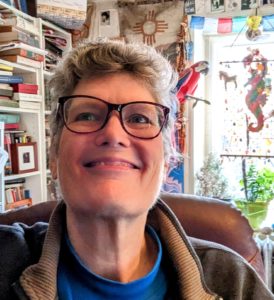 Janet Mason is the author of the novels Loving Artemis, an endearing tale of revolution, love, and marriage (Thorned Heart Press); The Unicorn, The Mystery, and THEY, a biblical tale of secret genders (both from Adelaide Books). She is also the author of Tea Leaves, a memoir of mothers and daughters (Bella Books) for which she received a Goldie award. She has been with her partner, Barbara, for thirty-nine years. They have been legally married for nine years.
Janet Mason is the author of the novels Loving Artemis, an endearing tale of revolution, love, and marriage (Thorned Heart Press); The Unicorn, The Mystery, and THEY, a biblical tale of secret genders (both from Adelaide Books). She is also the author of Tea Leaves, a memoir of mothers and daughters (Bella Books) for which she received a Goldie award. She has been with her partner, Barbara, for thirty-nine years. They have been legally married for nine years.


